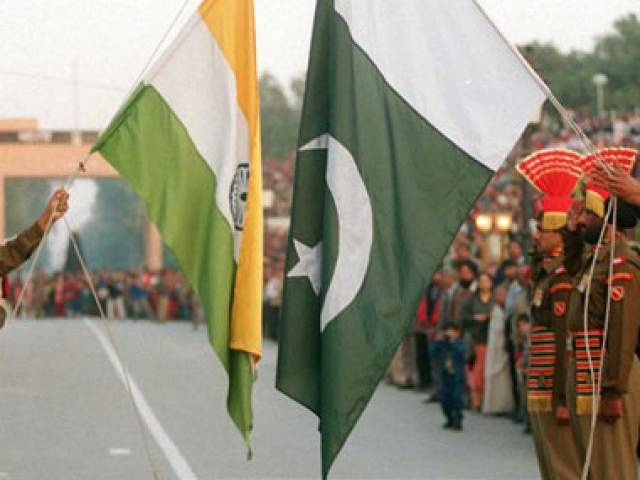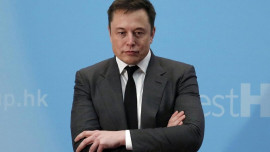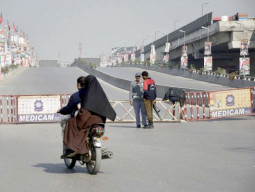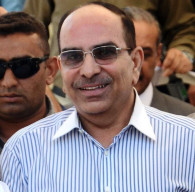
Recalling his meeting with his friend Harcharan Singh Brar after the partition, Ali said, “I was in the US at the time. When I came back, I asked a friend, a government official, to arrange a meeting with a friend on the other side of the border… eventually we met in no man’s land near the Ganda Singhwala border.”
He said that despite the differences of opinion, they had remained friends for over 70 years. “In those days religion was taken as a personal matter. This is what I wish for the present days.” Ali credited Aitchison College for his success in business ventures. He said when he floated the idea of starting a packaging company, Ruben Rausing (the founder of the liquid food packaging company Tetra Pak) and some other people in Sweden had expressed willingness to set up the business in Pakistan.
“In the beginning, we did not have people with expertise in the packaging sector. The Swedes were of great help. They sent 28 engineers to help set up the enterprise.”
About nationalisation, Ali said, “We were among the 24 families targeted in this regard. I don’t know why he [Zulfikar Ali Bhutto] left out the Packages in his nationalisation policy… that helped it grow.”
He said he had first met Bhutto when he was the minister for industries in General Ayub’s cabinet. He said Bhutto had hired several business leaders to reorganise the public sector. He said that during his four-year stint in the public sector, he was provided $500 million. “Many people claim that Bhutto interfered a lot in their matters but my experience was different. I did not receive a single call from him during the four years,” Ali said. He said a 13-week training programme at Harvard Business School had inspired him to set up the Lahore University of Management Sciences (LUMS).
“After the government job, I went to Harvard Business School. I realised that I had very little experience in management and that there was so much to learn. I liked their model of learning involving case studies. I learned that there are always various ways to do the same things.” Ali said he had asked several people to help him establish the LUMS. “Razzaq Dawood was among the first to join me. The Americans were funding the Afghan war, and I asked them to fund the LUMS too. They agreed on the condition that I match their funding,” he said. Ali said the university, set up in a rented building, had received an overwhelming response. “Soon we moved to our own campus. Since then the LUMS has continued to grow. It is pleasing to see its contribution to the economy and towards the establishment of other educational institutions in the country.”
Published in The Express Tribune, February 22nd, 2016.





1732012115-0/Untitled-design-(14)1732012115-0-270x192.webp)





1736508423-0/Express-Tribune---News-Desk-(9)1736508423-0-270x192.webp)


1736495887-0/sidra--(63)1736495887-0-270x192.webp)








COMMENTS
Comments are moderated and generally will be posted if they are on-topic and not abusive.
For more information, please see our Comments FAQ